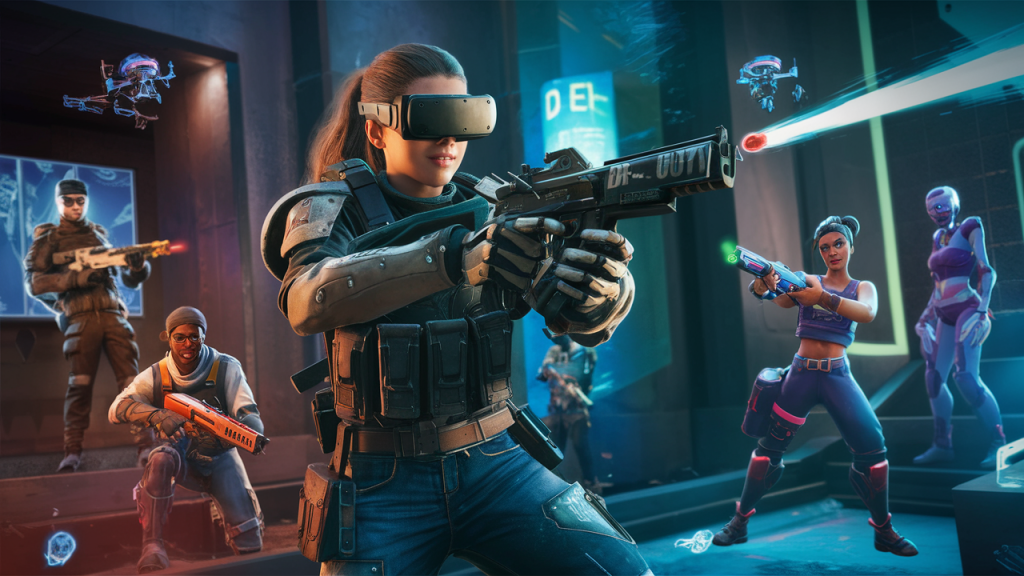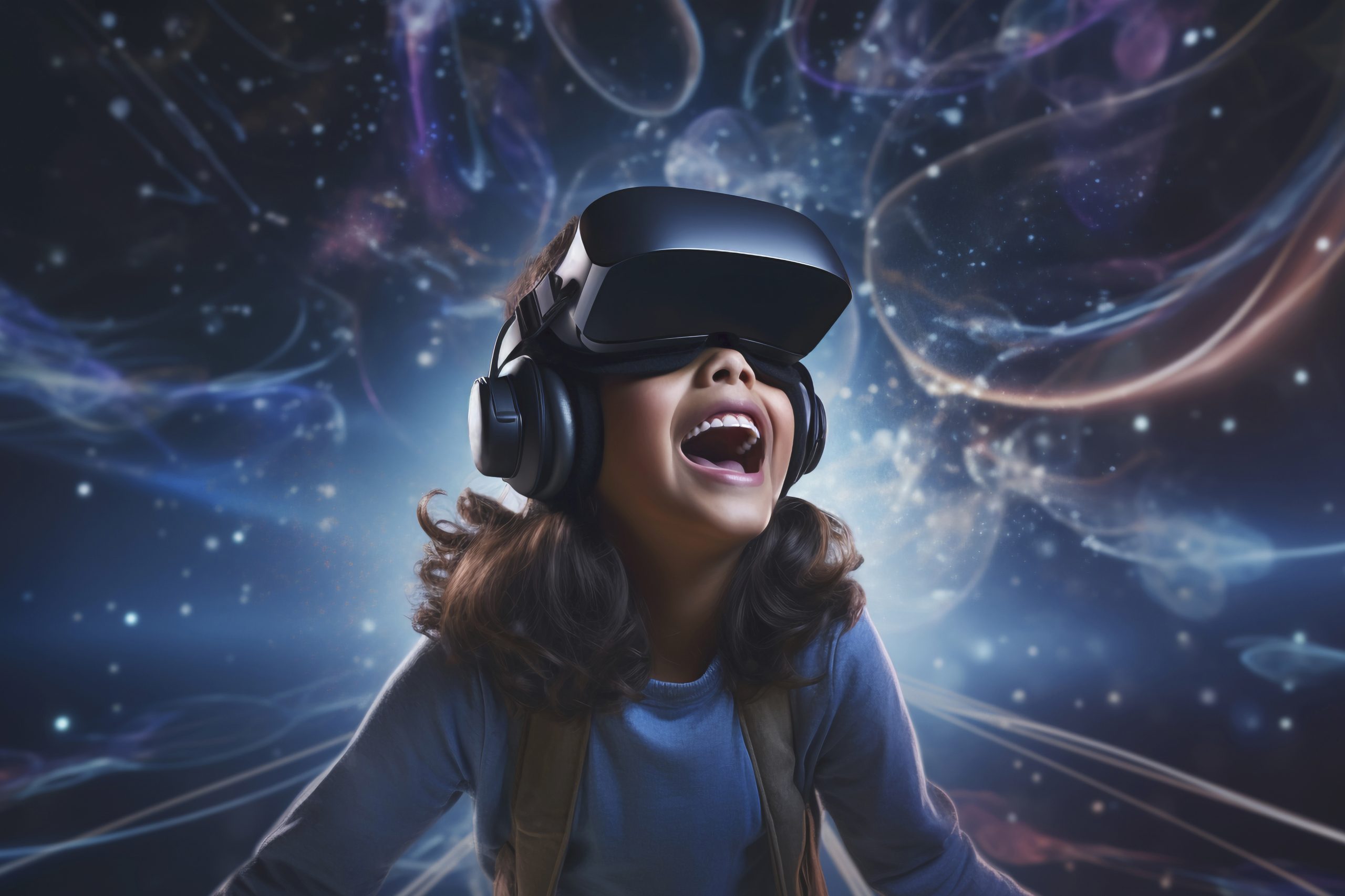Gamers, brace yourselves! The gaming landscape is undergoing a monumental shift with generative AI, a groundbreaking technology revolutionizing every facet from world-building and character development to narrative depth. Generative AI is transforming how we play, create, and engage within virtual worlds, ensuring each gaming session is a unique, unforgettable adventure. As generative AI continues to evolve rapidly, it promises to unlock extraordinary possibilities within the gaming industry, making every playthrough thrilling.
- Enhanced Immersion: Generative AI in the gaming industry has catalyzed a remarkable enhancement in the level of immersion players experience. By leveraging advanced AI models, developers can create hyper-realistic environments that react dynamically to player actions. This means that elements such as weather, terrain, and even crowd behaviors can change in real-time, reflecting the player’s influence on the virtual world. Such depth of interaction was previously unattainable and is now paving the way for a more engaging and lifelike gaming environment.
- Personalized Gameplay: One of the most exciting advancements brought by generative AI is its capability to generate content procedurally. This technology allows for the creation of unique game maps, quests, and storylines that differ with each session. Players no longer face the monotony of static environments but instead discover new challenges and narratives each time they play. This level of personalization ensures that no two playthroughs are the same, significantly enhancing replay value and keeping the content fresh and engaging.
- Pushing Boundaries: The rapid development of generative AI is not just enhancing current gaming experiences but is also redefining what is possible in the future. With AI-driven design, the process of creating complex games becomes less resource-intensive, allowing smaller teams to produce content that rivals that of larger studios. Moreover, AI can assist in balancing gameplay, generating intelligent NPC behavior, and even in crafting sophisticated player-driven narratives that adapt to the choices made in-game.
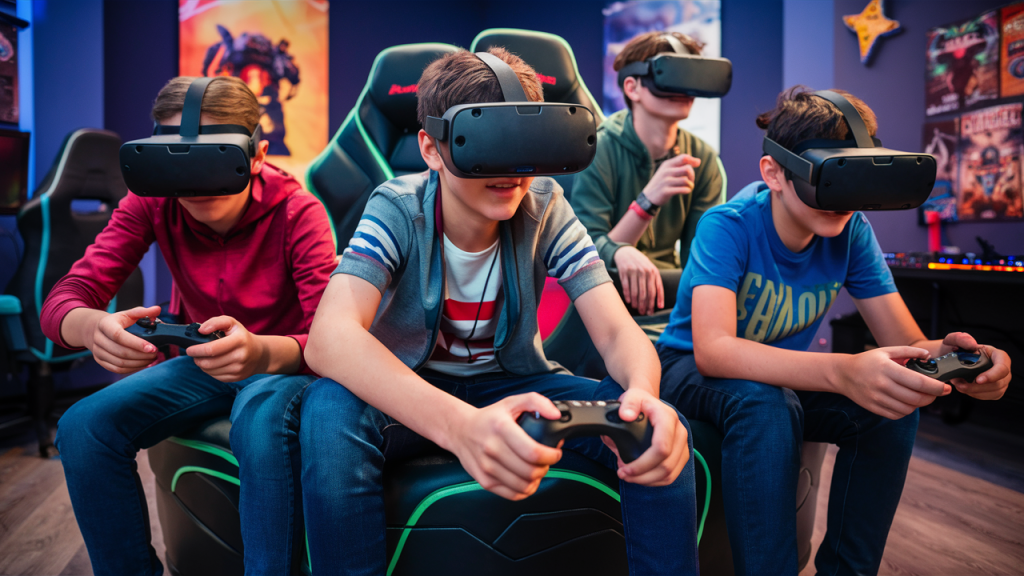
How Generative AI is Used in Gaming Industry
- Procedural Content Generation (PCG): One of the most common uses of generative AI in gaming is in procedural content generation. AI algorithms are used to automatically generate large-scale game environments, levels, textures, and even plot elements. This not only helps in creating expansive game worlds but also ensures that each player can have a unique experience. Games like “No Man’s Sky” utilize this technology to generate countless unique planetary systems and ecosystems.
- Character and Asset Creation: Generative AI can create detailed game characters and assets by learning from a dataset of existing designs. This speeds up the design process and allows for the creation of diverse character models and game assets without manual input for each one.
- Narrative Generation: AI can also generate dynamic storylines where the narrative evolves based on player decisions. This uses Natural Language Processing (NLP) models trained to write coherent and contextually appropriate text, enhancing storytelling within games.
- Music and Sound Effects: Generative AI models like OpenAI’s Jukebox can create original music and sound effects tailored to specific scenes or actions in a game. This adaptive audio can enhance the emotional impact and immersion of the game.
- AI-driven Playtesting and QA: Generative AI can simulate countless playthroughs of a game, generating data on potential gameplay issues, balancing problems, or bugs. This application is particularly useful in streamlining the quality assurance process in game development.
- Real-time Game Adjustments: AI can generate in-game elements in real time based on player behavior and preferences. For example, it can alter game difficulty, generate personalized quests, or adjust the game environment to enhance the player’s experience.
- Voice and Dialogue Systems: Advanced voice synthesis AI can generate realistic NPC dialogues on the fly. This technology allows NPCs to have more natural and varied responses to player actions, making the game world feel more alive and reactive.
- Facial Animation: Using AI to interpret voice and text input, facial animation can be dynamically generated to match NPC dialogues without the need for extensive pre-animation, saving time and resources while providing more expressive characters.
- Creative Coding: AI tools are being developed to assist game developers in writing and optimizing code. These tools can generate code snippets automatically, suggest optimizations, and even debug existing code.
- Player Behavior Modeling: Generative AI can create models of player behavior which can be used to design better AI opponents or to tailor gaming experiences to the behavior patterns of individual players.
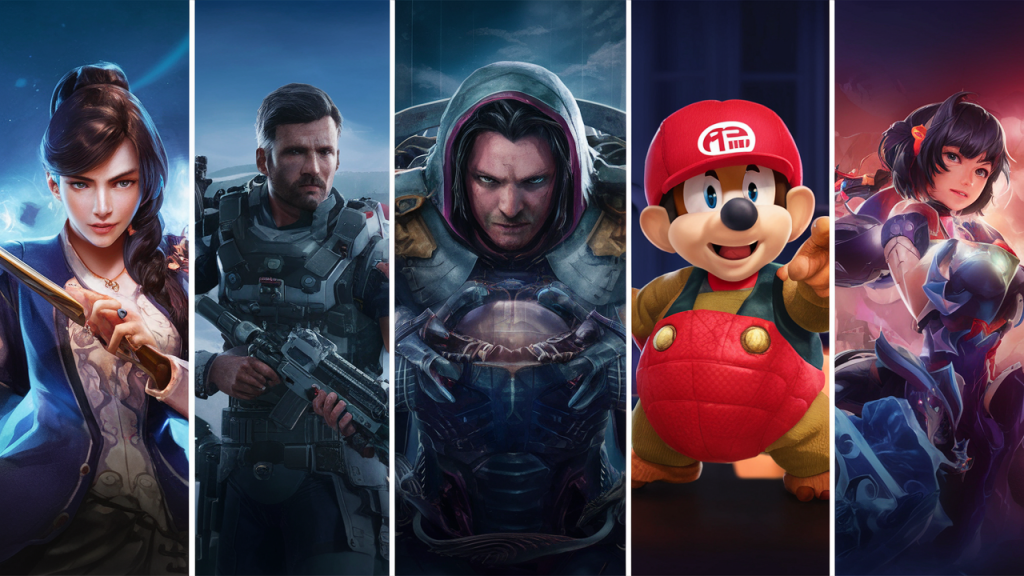
Transformative Effects of Generative AI on the Gaming Industry
From simple beginnings to complex systems, the gaming industry has embraced generative AI, ushering in a new era of creativity and innovation. This cutting-edge technology is not just enhancing but revolutionizing the way games are conceived, developed, and played.
- Revolutionizing Content Creation: Generative AI has taken procedural content generation to new heights, producing complex, high-quality outputs that breathe life into every aspect of gaming environments. From intricate landscapes to detailed character models, AI’s capability to generate sophisticated content rapidly accelerates development timelines and expands creative possibilities.
- Unleashing Limitless Creativity: The scope of creativity achievable with generative AI far exceeds traditional manual efforts. By automating the generation of game elements, AI allows developers to push the boundaries of imagination, paving the way for innovative gameplay experiences that were once deemed impossible.
- Driving Industry-Wide Transformation: As generative AI cements its role as a cornerstone of modern game development, major industry players are making significant investments in this technology. Recognizing its potential to redefine the gaming landscape, companies are not only adopting AI-driven tools but are also exploring new business models and strategies that align with an AI-enhanced future.
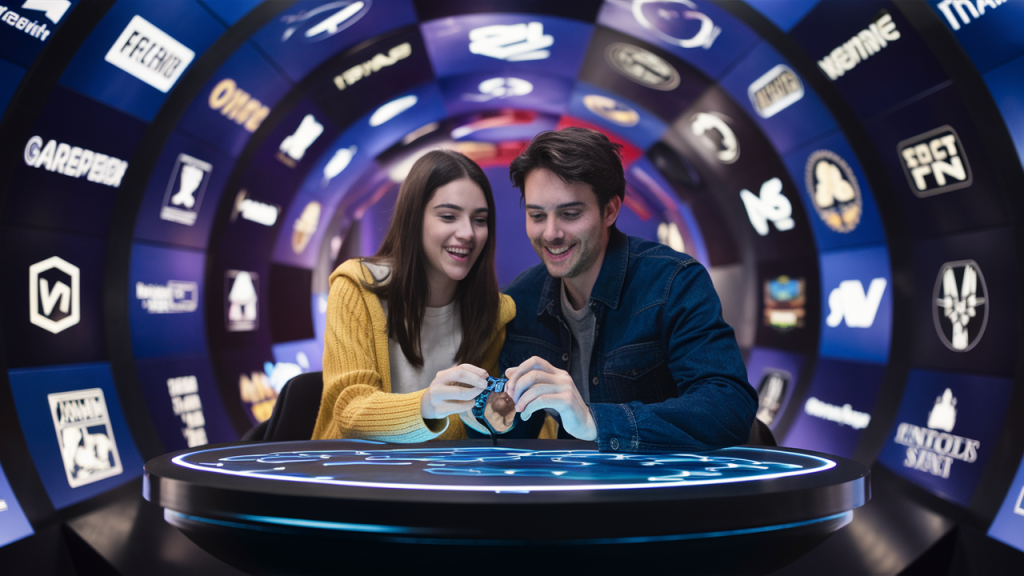
Most Popular AI Games
Artificial intelligence has revolutionized the gaming industry, giving rise to a diverse range of video games that leverage AI to enhance player experience, create dynamic environments, and develop complex game mechanics. Below are some of the top video games that effectively incorporate artificial intelligence, each offering unique challenges and immersive gameplay:
- AI Dungeon: A pioneering text-based adventure game that utilizes advanced natural language processing to create an infinitely expandable narrative, allowing players to engage in an open-ended storyline shaped by their choices.
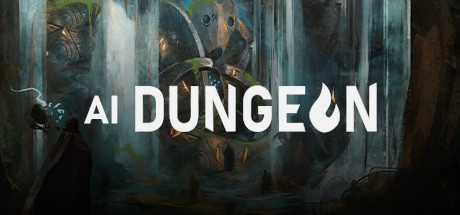
- Screeps: This MMO strategy game is unique in that it requires players to write JavaScript to control their units. It combines gaming with programming, as players optimize their AI to autonomously manage tasks in a continuously evolving world.
- CodeCombat: Designed to teach programming, this game makes learning to code a fun, interactive experience. Players write code to navigate levels and overcome obstacles, progressively mastering programming languages.
- CogniToys Dino: While not a game in the traditional sense, this AI-powered educational toy engages children through conversation, games, and storytelling, adapting its responses based on the child’s age and abilities.
- Hello Neighbor: This stealth horror game features an adaptive AI antagonist who learns from the player’s actions to counter their moves, creating a challenging and unpredictable gameplay experience.
- Black & White: In this classic god game, the player’s actions influence the AI behavior of their creature, which can learn and adapt, providing a deeply personalized gameplay experience based on moral choices and interactions.
- S.T.A.L.K.E.R.: Shadow of Chernobyl: Known for its A-Life system, this game simulates a living world where creatures and non-playable characters make decisions that affect the ecosystem, independent of player interaction.
- Forza Motorsport Series: Renowned for its Drivatar system, this racing game uses AI to mimic the driving styles of real players, creating more lifelike and challenging races that go beyond static AI behaviors.
- Civilization Series: Famous for its complex AI opponents, this series challenges players with diplomatic, military, and technological strategies that mimic real-world decisions and rivalries.
- FIFA Series: This popular football simulation features increasingly sophisticated AI that adapts to player tactics, improving its defensive and offensive plays based on the player’s actions, making each match uniquely challenging.
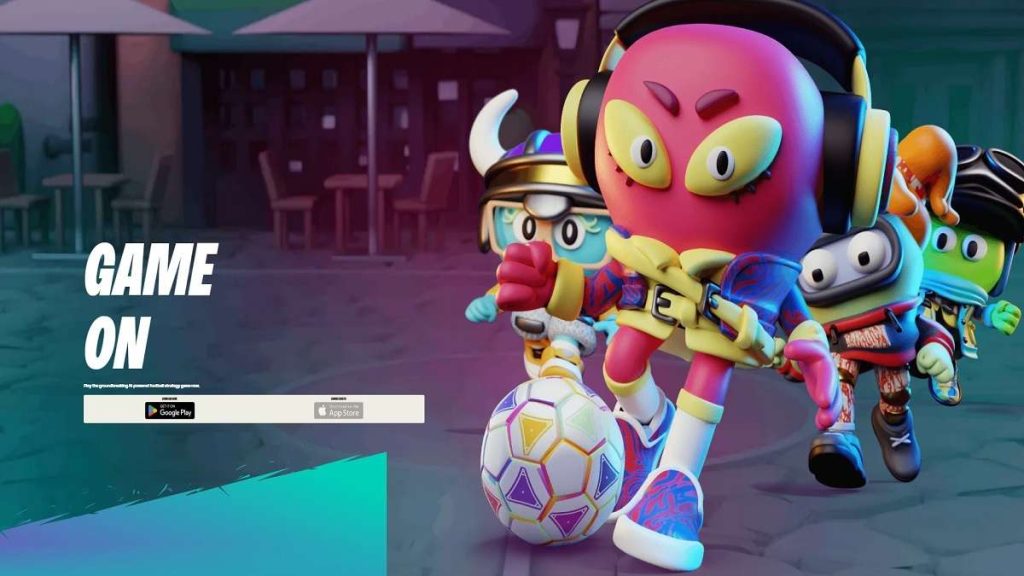
These games showcase the incredible potential of AI in creating more engaging, challenging, and personalized gaming experiences, and they represent just the beginning of AI’s impact on the gaming industry.
Advantages of Generative AI in Gaming Industry
- Enhanced Creativity and Innovation: Generative AI can create unique game elements such as environments, characters, and storylines, providing a level of detail and creativity that would be nearly impossible or highly resource-intensive for human developers alone.
- Personalized Gaming Experiences: AI algorithms can tailor gameplay to individual players’ preferences and skills, enhancing player engagement and satisfaction by adjusting challenges and narratives in real-time.
- Cost Reduction in Content Creation: By automating parts of the development process, such as asset creation and level design, generative AI can significantly reduce costs associated with manual content production, allowing developers to allocate resources elsewhere.
- Infinite Replayability: With the ability to continuously generate new game content dynamically, generative AI ensures that games can offer new experiences each time they are played, greatly enhancing replay value.
- Rapid Development Cycles: Generative AI can speed up the development cycle of games by quickly producing high-quality content, allowing for faster iterations and quicker market entry.

Disadvantages of Generative AI in Gaming Industry
- Loss of Human Touch: While AI can generate content, it may lack the nuanced understanding and emotional depth that human creators bring to game design, potentially leading to games that feel less engaging or meaningful.
- Ethical and Bias Concerns: AI systems can inadvertently perpetuate biases present in their training data, leading to unfair or insensitive content that might not be immediately evident to the developers.
- Intellectual Property Issues: As AI generates content based on existing data, there are ongoing concerns about copyright and intellectual property rights, particularly if AI recreates elements that are too similar to copyrighted works.
- Dependence on Data Quality: The output quality of generative AI is heavily dependent on the quality of the data it is trained on. Poor or limited data can lead to generative content that is repetitive, irrelevant, or of low quality.
- Impact on Employment: The automation of content creation could reduce the need for certain roles within the game development industry, leading to concerns about job reductions for artists, designers, and other creative professionals.
These pros and cons highlight the transformative impact of generative AI on the gaming industry while also underlining the need for careful consideration and management of the technology to harness its benefits fully and responsibly.
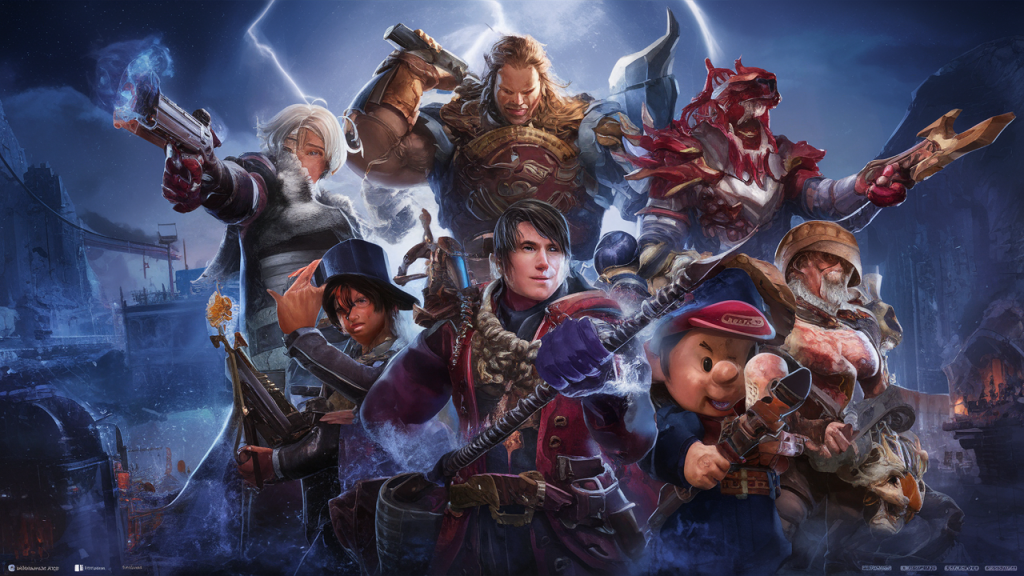
Future of AI in Gaming Industry
- Cloud-Based Gaming with AI : Cloud gaming is a technology that streams games across the Internet rather than requiring the user to download and install the game. This technology has been in the works for years, but it’s still not mainstream.
- Blockchain-Based Gaming: Blockchain-based gaming is still not a famous phenomenon. It indicates that both gamers and developers need to get together on the blockchain platform to play these games. At the same time, they need to buy or owe digital properties to be a part of this gaming fraternity.
- Wearable Support Gaming and VR Gaming: Evolution in the field of AR, VR, and MR, has elevated the standards of experiential games based on virtual reality and mixed reality, making them more realistic and progressive towards entertainment. Oculus Quest is an all-in-one PC-quality virtual reality device that is the best example of a wearable device used for wearable gaming.
- Improved Mobile Gaming Experience: Mobile gaming is an emerging trend that facilitates a player to access an unlimited number of games with the convenience of their location. Phone companies have been focusing on and developing devices compatible with high resolution and heavy graphics.
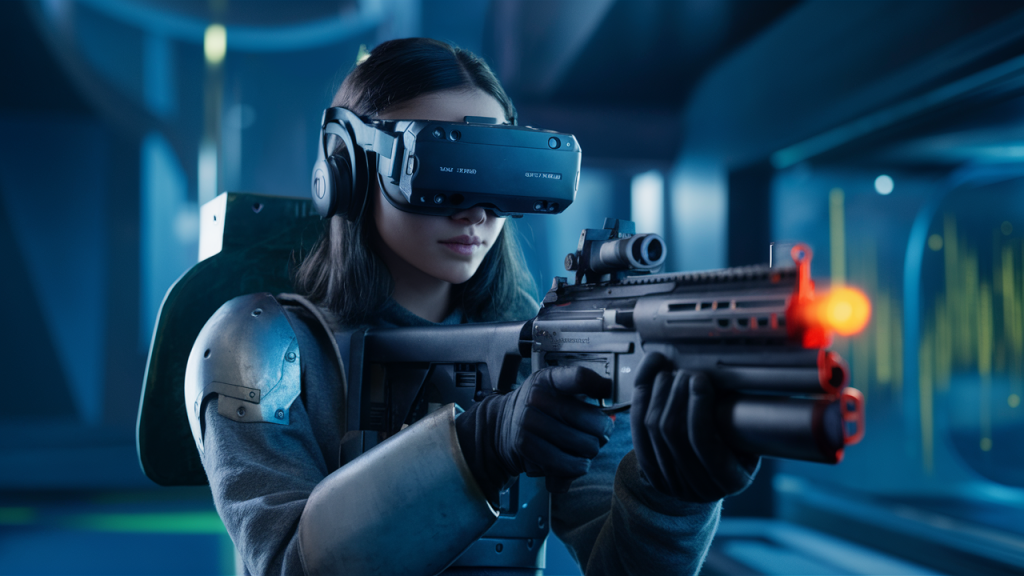
Leaving You With This
In conclusion, generative AI is revolutionizing the gaming industry, enhancing how games are designed, developed, and played. This technology brings immense benefits, including heightened creativity, personalized experiences, and cost efficiencies. However, it also presents challenges such as ethical concerns, intellectual property issues, and potential impacts on jobs. As we look to the future, the industry must balance innovation with responsibility, ensuring that AI’s integration into gaming remains beneficial and inclusive for all stakeholders. The potential for generative AI in gaming is vast, promising a future where the virtual landscapes are as limitless as the technology itself. Embracing this future means fostering creativity and continuously enriching the gaming experiences for players globally.

